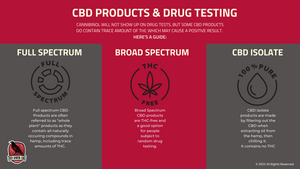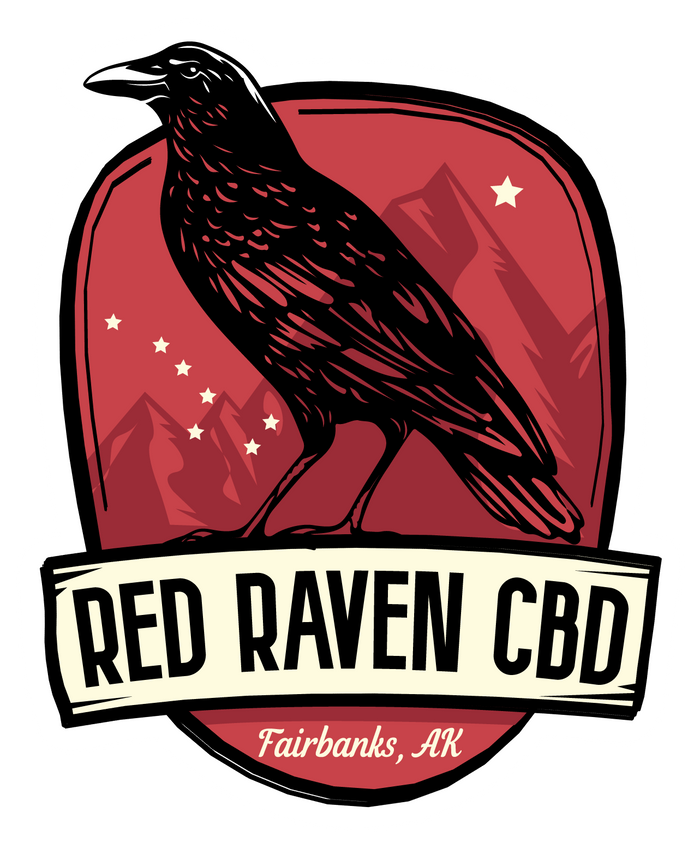CBD oil will not make you stoned. There are different strengths available, some with THC (the psychoactive ingredient found in cannabis) and some without. However, even full-spectrum CBD oil, which contains THC, doesn’t contain enough to make you high. The trace amounts are within the legal limit, which is less than 0.3%. It’s enough for you to enjoy the health benefits – it’s more effective than CBD on its own – without worrying about breaking the law.
It’s also not addictive, because we know that was the next question you were about to ask. A report from the World Health Organization, published in 2017, concluded that evidence indicated it wasn’t associated with the potential for abuse. It doesn’t affect cognitive function, heart rate, or blood pressure, and it doesn’t cause the feelings of euphoria associated with THC.
However, these aren’t the only myths about CBD oil that need busting. There’s a lot of misleading information out there, both for and against the use of CBD oil and its health benefits. Keep reading, because we’re about to debunk some of the most common ones we hear all the time.
Curious about our products? View our range.
Myth 1: There’s No Proof That CBD Oil Has Health Benefits
This is false. More research is being done into the use of CBD in health and medical contexts all the time, especially now that more states are lifting restrictions because this means researchers have greater access to cannabis plants. There’s already one CBD-based product that has been approved by the FDA – it’s called Epidiolex and it’s prescribed to effectively treat seizures.
There’s also an increasing body of scientific evidence that suggests that the chemical compounds in cannabinoids suppress both inflammatory and neuropathic pain, such as this US study that was published in 2012. Another 2012 study, conducted in Brazil, concluded that CBD may provide a safe and effective treatment for people with schizophrenia.
A British study from 2018 indicated that it may be helpful in treating patients with ulcerative colitis. More recently, an article published in 2020 suggested that it could improve the body’s response to cancer treatment when administered alongside chemotherapy drugs. And that’s just the tip of the iceberg of what’s been done.
Further research is currently underway to investigate the effectiveness of using CBD oil to slow the onset of (and treat) Alzheimer’s disease, Parkinson’s disease, multiple sclerosis, and strokes.
Of course, anecdotal evidence is also relevant. Many people report that CBD oil can help relieve anxiety, improve sleep, alleviate arthritis and chronic pain, improve acne, and much more.
Myth 2: CBD Oil is Sketchy When it Comes to The Law
The law is changing really quickly when it comes to the personal use of cannabis and cannabis-based products. The most important thing to know is that hemp oil and CBD oil are federally legal in all but three states, which means you can legally buy it in health stores, specialty stores, and online.
It’s legal to grow industrial hemp and manufacture hemp-related products within the United States. However, the rules vary widely between states, which can make it confusing. Here’s a quick breakdown:
- Recreational cannabis is legal in 18 states (plus D.C.): Alaska, Arizona, California, Colorado, Connecticut, District of Columbia, Illinois, Maine, Massachusetts, Michigan, Montana, New Jersey, New Mexico, New York, Nevada, Oregon, Vermont, Virginia, and Washington. With that in mind, however, it’s important to note the rules vary slightly between states.
- On top of that, a further 18 states have legalized cannabis for medical use: Arkansas, Delaware, Florida, Hawaii, Louisiana, Maryland, Minnesota, Mississippi, Missouri, New Hampshire, North Dakota, Ohio, Oklahoma, Pennsylvania, Rhode Island, South Dakota, Utah, and West Virginia. This is available with a prescription from your primary care provider.
As we said right at the beginning, CBD oil is available with or without THC, which is the ingredient that makes people “high.” It’s totally up to you which variation you choose. There are three main types of CBD oil currently available on the market: isolate (pure CBD), broad-spectrum (CBD and other non-psychoactive cannabinoids), and full-spectrum (CBD, other cannabinoids, and THC).
Myth 3: There’s No Difference Between CBD Products
Following on from that, in addition to there being three types of CBD, there are a range of different products. Most commonly, it comes as an edible (such as gummy candy), a topical cream, or oil. These vary in potency and can be mixed with lots of other ingredients before it’s sold.
Take gummies for example. Our full spectrum CBD gummies enable you to enjoy the benefits of all the chemical compounds found in hemp plants, including both CBD and THC. This is mixed with things such as clover honey, sugar, gelatin, pure filtered water, blueberry juice, citric acid, and corn starch to make it into a blue raspberry flavored gummy.
Contrast that to our full spectrum CBD oil, which has a higher potency per dose and is consumed by holding it under your tongue for 60-90 seconds before swallowing, speeding up absorption. It’s mixed with nothing but MCT oil, which means it retains its pure form and original hemp flavor. It can be consumed by itself or added as an ingredient in your favorite meals and beverages.
Myth 4: CBD Is a Quick-Fix Solution to a Range of Ailments
CBD works very differently to weed. It might take a few days or weeks before the chemical compounds in CBD stimulate the receptors in your body enough to start feeling the benefits. It’s most effective if you take it every day according to the directions on the packaging (or according to the advice of your primary care provider if you received a prescription for a medical condition).
Current advice suggests it’s most effective when you consume about 25mg per day, although the dose can vary based on your specific needs – for example, treating chronic pain may require more. It’s different to prescription medication, such as painkillers, and needs to be treated as such.
You might find it helpful to think of it as being part of your wellness routine instead of a magic quick-fix. On top of the conditions discussed so far, CBD oil can also aid muscle recovery after workouts and promote relaxation at the end of a long day. It’s effective, but can be subtle.
Myth 5: CBD Oil is Natural So It Doesn’t Have Side Effects
There are two parts to this myth, so we’re going to address each part separately.
The first part is true. CBD oil is natural. Here at Red Raven CBD, our products are manufactured in the United States from organically grown USDA hemp that is non-GMO. It’s rigorously tested for contaminants such as microbes, solvents, heavy metals, and pesticides. Transparency is important to us, so you can actually access the lab results directly by using the QR codes on the packaging.
The second part is false. The benefits of CBD oil are profound, and most people take it with no issues, but some people may experience side effects. It’s like trying a new diet or exercise routine, in that sometimes your body might take a while to adjust. It may also interact with some medications. Common side effects include drowsiness, reduced appetite, dry mouth, and an upset stomach.
Want to try it for yourself? Shop CBD oil online.


